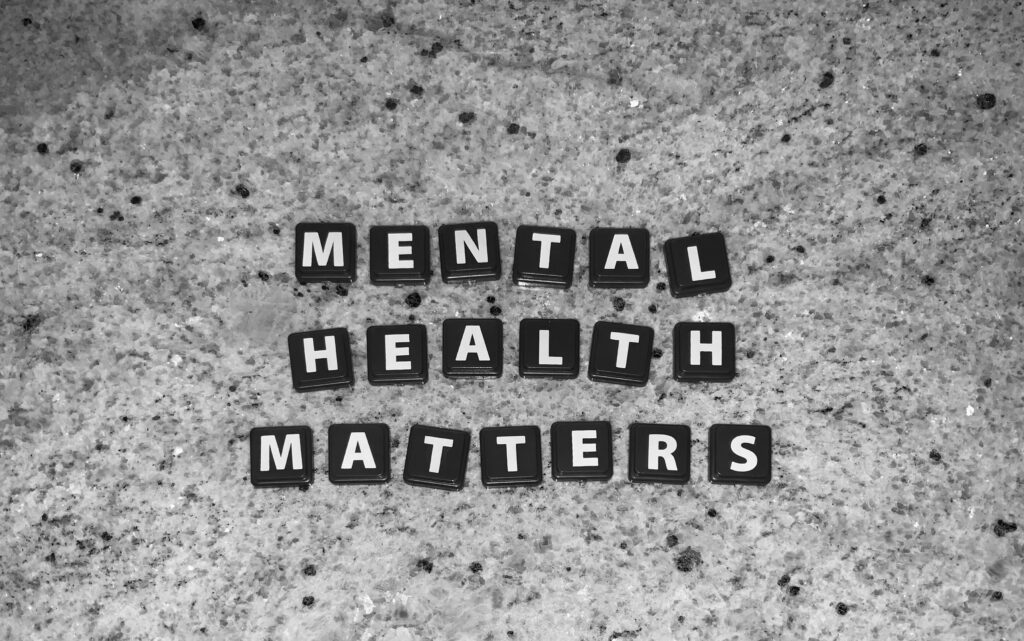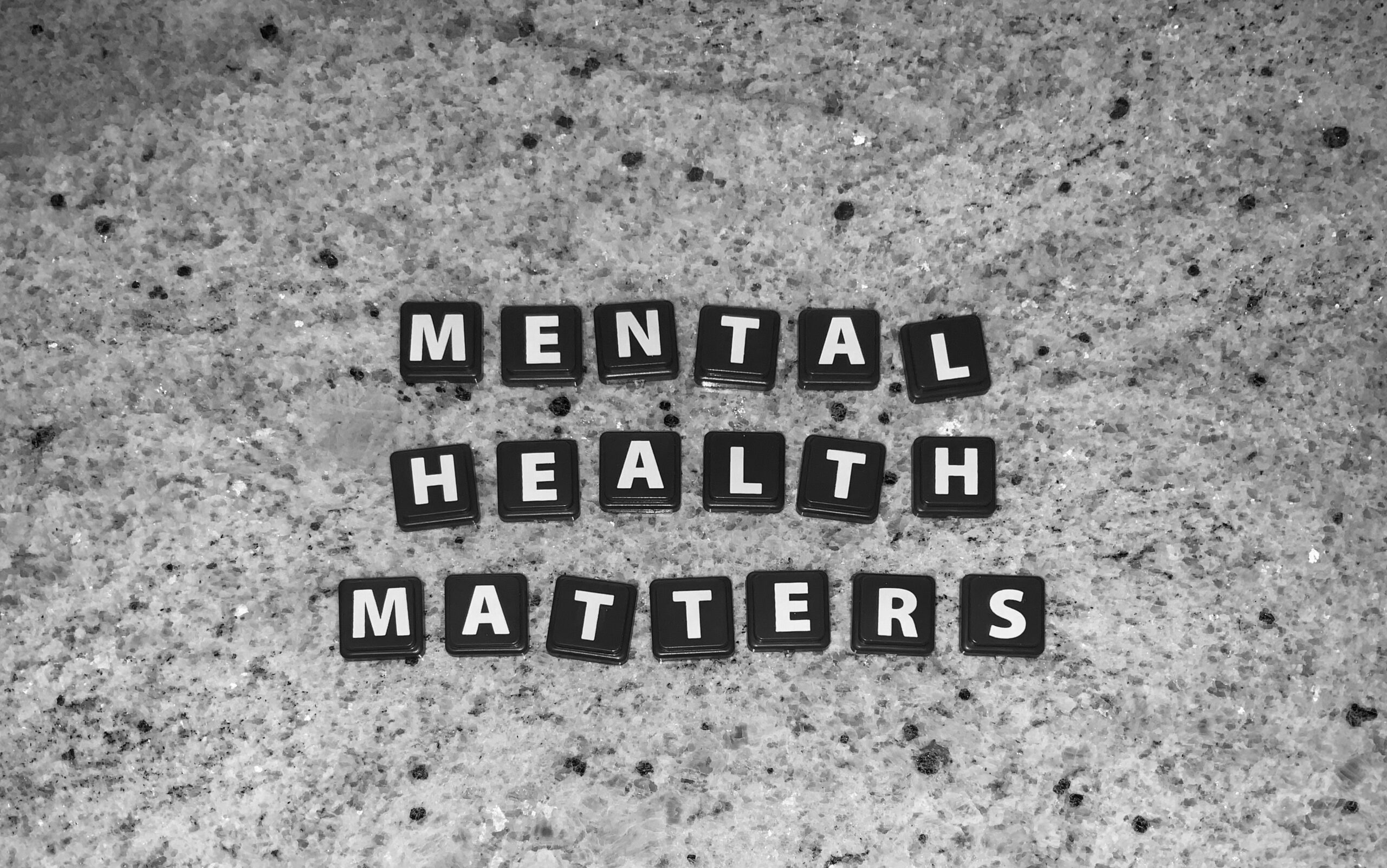Mental health has received a lot of attention in recent years, and deservedly so. Students, in particular, confront a distinct combination of obstacles that can have a significant influence on their mental health. This scene can be intimidating, from academic obligations to social expectations. In this blog, we will look at some of the most prevalent mental health difficulties that students confront, shed light on their experiences, and offer advice on how to effectively manage these issues.

Depression is a significant mental health challenge that affects millions of people worldwide, including students. The pressures and demands of academic life, coupled with various personal and social factors, can contribute to the development of depression in students.
An analysis of federal data by the Kaiser Family Foundation shows that half of young adults ages 18 to 24 will have reported anxiety and depression symptoms in 2023, compared with about a third of adults overall. One of the primary stressors for students is the immense academic pressure they face. The relentless pursuit of high grades, coupled with expectations from parents, teachers, and society, can lead to anxiety, burnout, and even depression.
The fear of failure, heavy workloads, and intense competition can take a toll on students’ mental health. Encouraging a balanced approach to education, promoting healthy study habits, and providing adequate support systems are crucial to alleviating academic pressure.

Did you know that one out of every 20 students (20.2%) reports being bullied? Bullying is still a prevalent issue in schools and educational environments, negatively influencing kids’ mental health and well-being. Bullying can have long-term consequences that extend far beyond the school years.
The good thing is that school-based bullying prevention programs decrease bullying by up to 25%. Physical appearance, race/ethnicity, gender, handicap, religion, and sexual orientation are the most often stated reasons for bullying by students.

The use of drugs among students endangers their mental health and overall well-being. Student life’s stresses and tensions, mixed with different personal and societal circumstances, can all contribute to drug experimentation and reliance. Teens have not yet been able to understand how easy it is to develop an addiction. Talk about the risk consistently to prevent drug abuse in the future.
Students who abuse alcohol run serious risks to their overall well-being, academic performance, and mental health. Social pressures, transitional times, and the collegiate atmosphere can all play a role in problematic and excessive drinking patterns. 407,000 teenagers aged 12- to 17 years old met the criteria for Alcohol Use Disorder (AUD) in the last year.

The rise of peer pressure is not something new that teens experience. Throughout their academic careers, students frequently struggle with peer pressure. One’s mental health and well-being can frequently be put at risk as a result of the need to fit in, conform, and win the approval of peers.
Many students experience feelings of social isolation and loneliness, especially during transitional periods like starting a new school or moving away for higher education. The pressure to fit in, make friends, and maintain social connections can be overwhelming.
The rise of social media and the constant comparison to others’ seemingly perfect lives can exacerbate feelings of loneliness. Creating inclusive environments, fostering supportive communities, and promoting open dialogue about mental health can help combat social isolation.
The problems with students’ mental health are intricate and varied. We can establish a setting that fosters and supports students’ well-being by acknowledging and addressing these issues.
Prioritizing mental health, ensuring access to services, and promoting a compassionate culture is crucial for educational institutions, parents, and society as a whole. Together, we can give students the tools they need to manage their mental health issues and succeed in the classroom, emotionally, and socially.
It’s easy to get things in our heads, or if someone says something negative about us, we pick that up. But you guys are not who people say you are. You are who you say you are. I’m Tashina Calhoun, and I’m here to talk about mental health awareness, bully prevention, friendships, and relationships.
Visit
or www.mentalhealthisgreatwealth.com
to keep up with what we are doing in the community.
School Speaker, Plano School Speaker, Frisco School Speaker, Mental Health Awareness Speaker, One Belief, Mansfield Youth Motivational Speaker, Arlington School Speaker, Wellness Mental Health, Wellness, Mental Health Curriculum, top youth motivational speaker, youth motivational speaker, Youth public speaker, youth motivation, school speaker, public speaker, motivational speaker, mental health advocate, youth mental health virtual speaker, positive affirmations, School speaker, positivity, encouragement, motivation, mental health speaker, social-emotional learning, Tashina Calhoun Speaker, One Belief Organization, Professional Development Speaker, Social Emotional Learning Curriculum, Youth Personal Development Curriculum, Six To Eight Grade School Curriculum

View comments
+ Leave a comment